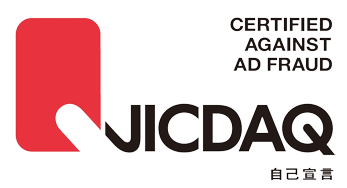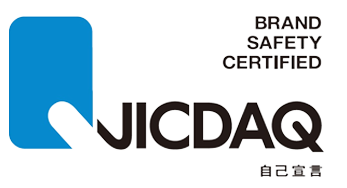The "Marketing Mix" is a foundational marketing framework that companies use to shape consumer behavior and drive sales. Originally developed as the 4Ps — Product, Price, Place, and Promotion — the marketing mix helps businesses optimize these elements to influence purchasing decisions. However, in today’s digital landscape, marketers face growing challenges, including ad fraud, that can undermine their strategies. This is where Spider AF's ad fraud protection becomes crucial, helping businesses ensure the integrity of their marketing investments.
Product
Definition and Importance: The 'Product' refers to the goods or services a business offers, serving as the core of the marketing mix by meeting customer needs and desires. Ad fraud, however, can impact perceptions and reduce engagement with products by diverting marketing budgets toward fake clicks and impressions.
Key Considerations with Ad Fraud in Mind:
- Quality and Features: Invest in quality, but beware of bots inflating engagement metrics without real customer interest.
- Variety and Options: Diversifying offerings is important, but fake traffic can skew which products appear popular, making it hard to identify actual customer demand.
- Brand Reputation: Ad fraud can damage brand credibility when budgets go toward irrelevant audiences. Spider AF helps protect brand integrity by identifying and eliminating fraudulent interactions with your product ads.
Price
Definition and Importance: Price is what customers pay for the product. It directly impacts revenue and profitability. However, inflated click-through rates and fake impressions due to ad fraud can lead businesses to miscalculate optimal pricing.
Key Considerations with Ad Fraud in Mind:
- Pricing Strategy: Ad fraud can inflate your cost-per-click (CPC) and skew ROI, impacting budget allocations. With Spider AF, you can ensure your ads are reaching genuine potential buyers, allowing for more accurate pricing.
- Discounts and Offers: Promotional budgets are essential, but fake traffic wastes funds intended to attract real customers.
- Price Flexibility: Fraud-free analytics allow for true market-driven pricing adjustments.
Place
Definition and Importance: ‘Place’ refers to how a product is distributed and where it is available for purchase, ensuring it reaches the right audience. Ad fraud can mislead marketers about effective distribution channels by driving fake traffic to specific platforms.
Key Considerations with Ad Fraud in Mind:
- Distribution Channels: Fraudulent activity can create a misleading sense of customer interest in particular channels. Spider AF helps you target only verified, high-quality traffic, so you allocate budget to the right channels.
- Location: Real insights into customer geolocation can be obscured by bot traffic, which Spider AF helps filter out.
- Inventory Management: Without ad fraud protection, businesses might see inflated demand on certain channels, leading to stock misallocations.
Promotion
Definition and Importance: Promotion includes all methods of communicating with the target market to create product awareness and motivate sales. Ad fraud disrupts this by wasting ad budgets on non-human traffic.
Key Considerations with Ad Fraud in Mind:
- Advertising Spend: Ad fraud inflates advertising costs by generating fake clicks and views. Spider AF’s ad fraud prevention service helps reduce these costs, ensuring your promotions reach real consumers.
- Sales Promotions: Bot-driven traffic can make promotions appear successful without real sales growth.
Public Relations and Brand Image: A brand’s reputation suffers when it reaches irrelevant or fraudulent audiences. Protecting promotional campaigns with Spider AF helps maintain brand trust and integrity.
Evolution of the Marketing Mix: The 7Ps and Digital Challenges
With the rise of digital marketing, the marketing mix has expanded to include three additional Ps that further shape customer experiences. These new dimensions bring new vulnerabilities, especially related to digital fraud.
5. People
Relevance to Ad Fraud: In digital marketing, bots and fraudulent traffic can distort user engagement metrics, making it hard to gauge true customer interest. Spider AF enables businesses to focus on authentic consumer interactions by filtering out fake traffic.
6. Process
Relevance to Ad Fraud: Process efficiency is critical in delivering a seamless customer experience. Ad fraud inflates metrics, leading to inefficiencies and wasted resources, which can distort marketing efforts. By using Spider AF, companies can streamline their processes and maintain data integrity.
7. Physical Evidence
Relevance to Ad Fraud: Digital platforms serve as the "physical evidence" of your brand. Ad fraud devalues this by associating your brand with spammy sites and fake impressions. Protecting your brand's digital footprint with Spider AF safeguards the authenticity of this evidence.
Conclusion
The marketing mix remains a versatile framework for driving effective marketing strategies. However, with the rise of digital advertising, businesses face significant challenges in combating ad fraud. By implementing each element of the marketing mix alongside Spider AF’s ad fraud protection, companies can ensure their efforts are effectively influencing real customers and not wasted on fraudulent traffic. In an evolving digital world, staying vigilant against ad fraud enables companies to maintain a strong market presence and secure genuine customer satisfaction.

















